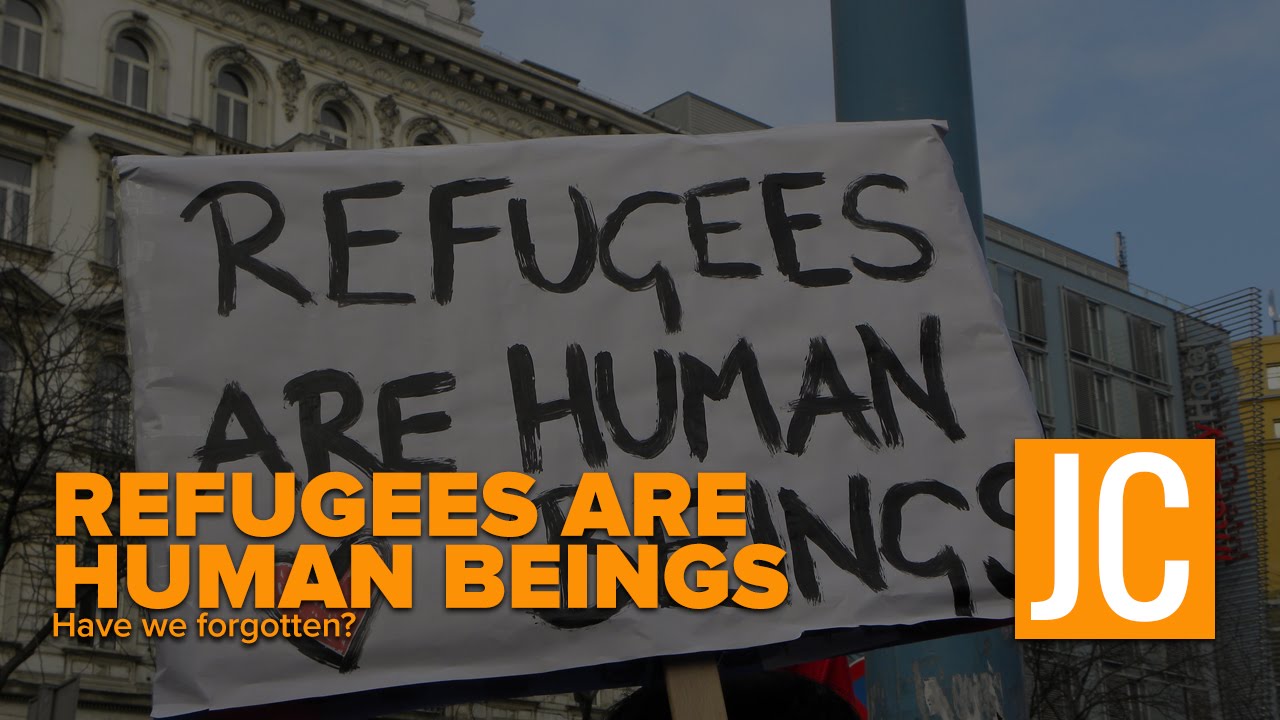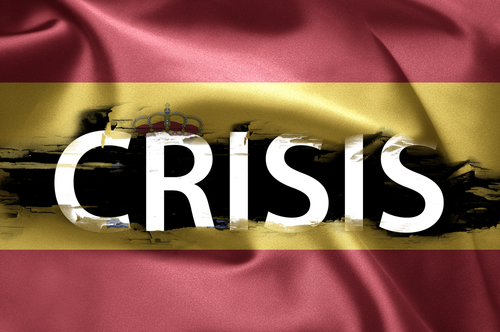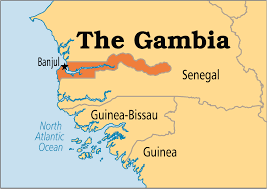In the past; half of the world did not even know how the other half live their lives. People in different areas of the world used to live so distinctively in customs and methods that they can hardly be classified into the same human race. Today, the leap in technological advancement has transformed our world into one global community, even if we pretend otherwise. This makes every action or utterance at any point of the world far more consequential because of the speed by which it can travel and reverberate at the other end of the world.
I also dare to challenge the reader to dream and aspire to a greater possibility and assume a nobler self.
The advent of the railways took out all obstructions for the passage of trains – leaving nothing to conquer but the clear passage of its travels. Then the advent of the aircraft took out all the obstructions of the land and the high seas – leaving nothing else to conquer but pure space. But with technology and telecommunication, we transcend the space of this whole sphere – making the world much smaller, and our voices to be heard at every moment, even from the most remote parts of our planet. With that great blessing of the technological evolution, also comes the responsibility for its proper use. Prudence is a mandate; not only in the material sense, for that is a base prudence. Prudence in the moral and intellectual dimensions is the call.

Prudence
Who I’m I to advocate for prudence in our discourse, when this remains a dimension at which I have so much work to do on myself. Yet, I refuse to be silent, for I love facts even if it’s against my interest; despise lubricity even when it’s to mend my default; and I shun the farcical commentaries that passes for wisdom and truth in our political discourse. Neither I’m too fun of vain men that idolize other morals like themselves, or the egotistical persons, and people that are condescending to those that dare to see things differently.
I write from aspirations, antagonism, observation, and very well from experience. At times, writing of qualities or painting virtues I do not yet possess but aspires to possess. In that process, I also dare to challenge the reader to dream and aspire to a greater possibility and assume a nobler self.
Shakespeare and Marx
Shakespeare said to “assume virtue if you have not”…. because he understands that the essential nature of man is good and virtuous, giving us every right to lay claims to that higher self even before we can properly personify it. So I thrashed those Marxian precepts that assume that man is essentially evil and virtue is the exception. I subscribe to a higher doctrine; that man is essentially good and virtue is the rule and not the exception! We sometimes have to be shaken up to shake off our lethargy and bring forth the virtues. We can rightfully admire a quality or assume a virtue we have not yet possessed – for it is part of our essential nature.
Even with our numerous short falls, at every moment of the vicissitudes of life, we shall still communicate our whole ‘meat and bones’, and not the ’empty shells’. So yes, I will write to these subjects as if it is the breath in my lungs and the blood in my veins. I shall speak against imprudence and shed light on these dark elements in our social discourse like an Emmanuel Swedenborg, though I claim not his illumination or his wisdom to illuminate. But, I shall do so from a point of perception and not with cheap opinions or base estimates. Perceptions in a true sense – is the impression of the soul, and when communicated, it becomes the sensual side of the soul’s expressions. Even where it is wrong, it is still noble, because it comes from a positive degree, and with sincerity, where we err – we can always be forgiven.
Opinions are the preferred tools of the base mendicants of intellectual discourse, the foolish disguise in our social intercourse, and the cheap cover for political posture. What a person projects but is not genuine, or doesn’t even truly understand, is only an extemporaneous half possession. We are becoming the guardians of such possessions with the free flow of ideas in the Internet. Every benefit we gain, a tax is levied; so the beauty of the Internet has a price also. It gives us innumerable half-truths and alternative realities at lightening speed. So in politics, we equally infect each other with these half possessions and alternative realities at lightening speed. We go about parroting on serious subjects without proper examination of context or any serious thought because we saw our friends did.
We go out of way to decry a thing by epitomizing the very thing we seek to so strongly condemn. We condemn hate speech with our own form of hate speech. We find ways to negatively classify anyone we have disagreements with; forgetting that we cannot throw dirt and our hands to still remain clean. We employ mean motives to degrade our opponents with base estimates stemming from our own bigotry or ignorance that we are not even aware of.
Why?
How can you enlighten a group by tacitly condemning them as tribalists, or racists or ignorant or ‘unconscious’ before you even get to know them?
Why do we keep categorizing a whole party in ways that assume their worst elements to be the very definition of that party even if majority of each party are good and descent people?
Why do we keep classifying a whole party as bunch of deplorable and racists even though majority are just patriots like you seeking their daily bread?
This foolish attempts to classify political parties by the elements of its fringes as the very heart of the party is unsophisticated at best and disingenuous at worst.
Why do assume that when people are drawn to like minds, tribesmen or those of the same race – they’re bigots or racists?
Naturally, there is closer affinity between people with more superficial commonalities – whether that has to do with economic status, origin, identity or some other common interests. This is a common phenomenon in every country, society, and in every sphere of our existence. Our special affinities will always create some disproportion in our associations in every setting – political or otherwise. This is true in America, Europe, Asia, and equally true in Africa. If our parties and organizations are disproportionately influenced and driven by those superficialities, is there anything inherently bad in that?
What is wrong with people being drawn more easily to groups they have greater natural affinity to, or identify with better?
Even if you find something wrong with that idea, would it not be better to use tact and gentleness to win them over than with condemnation and condescending attitude towards them?
Would insults, name calling, shaming and arrogance towards them help you win over any new members from opponents?
And last; why do we continue to do this deification of certain individuals in our political discourse as if they’re the only men with brain, or God himself brought them down to save us from ourselves?
Our days yield for us no Mandelas or Thomas Paignes or Lumumbas or Castros or Marcus Aurelius – even if we seek to super impose their images on our new icons. It is vain to try to make them who they’re not. The best any man can be is their very best self.
However, many of these political men and women we celebrate today are good and decent people in their own respect, but not because of our mechanical impositions and belligerence towards their critics. We don’t need to go about skulking like interlopers in the Internet and every platform with cumbersome arguments as if the politicians we favor are some divine beings and beyond reproach.
Foolish people think that the politician the so adore can never utter a total nonsense. If they said something outrageous or dishonest, it is quickly rationalized to seem like something profound and intelligent by their cultist and political vanguards. They would stand to support their every utterance simply because it is the word of their ‘cult’ leader. These fanatical supporters feel obliged to defend every last verbiage of the politicians they support with their last breath.
Instead of truth, we often make the defense of personalities as our solemn obligation. How much breaths will our best minds continue to waste on escapades in defense of particular politicians or party instead of honest erudition to benefit the masses?
In our attacks on opposition, we label them with the very mark on our own foreheads. If we are obsessed with our tribe or race, we will only see tribalism or racism everywhere around us. We guile our own moral malady by labeling others as the “real” racists or tribalists. But if you are a bigot, no amount of cunning and linguistics super navigation can hide the venom you store in your breast. Most people will not call you out, and not all can sufficiently articulate their disgust for the ‘bile’ they see in you, but they can sense it very well. No metamorphosis can hide a filthy rogue from the world. You can call opponents out with every name you wish, but they can all see through you and can clearly read the mark on your own forehead. Man cannot be concealed.
The condescending nonsense we try to spew out with polite pretense will always be seen for what it is – by each one of the ‘village idiots’ we might label as ignorant or ‘unconscious’.
Leave these echo chambers that sought to freeze your brain and implore you to walk only the permitted lines. Examine what is said, and not obsessing over who the speaker is before you can put your brain to better use. Simply do what you can, and attempt nothing beyond your practical force with false pretense. Our parroting of silly opinions of others without reflection is dangerous. Pretending as if those opinions are our own ideas is a disease of the mind. This pretentious attitude is poisonous to any serious conversation.
I have only one point to make in this whole essay. The world is quickly becoming a single community. We are one family; humanity is one. Let’s stop this nonsense of racial and tribal politics whether it’s in America, The Gambia, or anywhere across the world!
Jammal Drammeh








